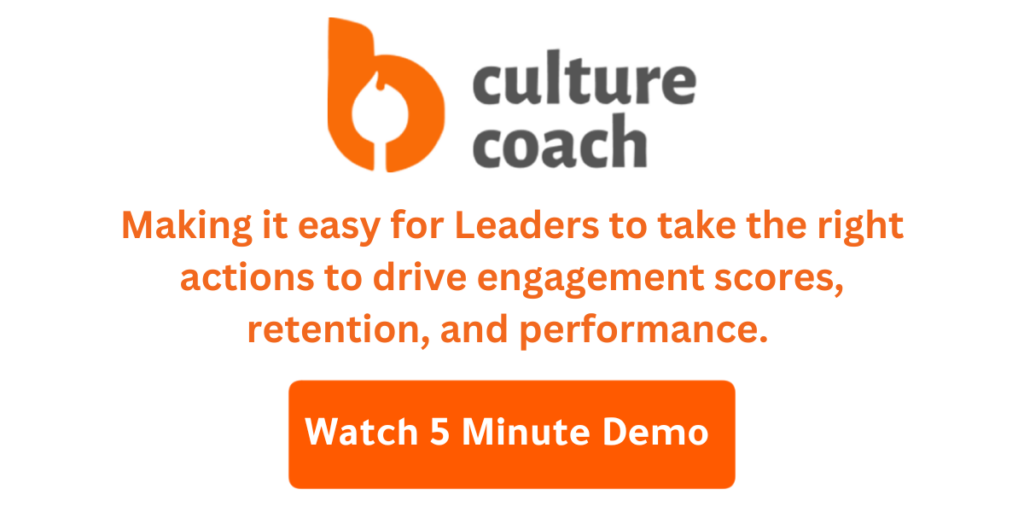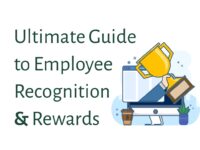Corporate mentoring programs are in need of a mentor themselves.
Mentoring programs are susceptible to the same pitfalls of many well-intentioned culture investments; lack of leadership participation, resources, time—you name it. But peel away the layers and you’ll find that corporate mentorship has more than a handful of issues. It’s downright broken.
Traditionally, mentorship is a box to check on the list of culture must-haves that’s often poorly structured and managed. Leaders like the idea of having mentorship programs for their assumed perks, like attracting and retaining talent, but don’t truly understand what it takes to produce results. Make no mistake, there’s no shortage of mentorship programs—70% of Fortune 500 companies offer them—but given the wide potential for dysfunction, the efficacy of many of these programs is dubious.
As Jennifer Labin, principal partner for the talent development firm TERP Associates, says in a recent Atlantic article, these programs are “thrown together by overworked, overwhelmed people who’ve never built mentoring programs,” and often have never been mentored themselves. As a result, you’ll see many corporate mentorship programs are built around the kernel of the idea of “helping someone.” A positive message, sure, but “helping someone” in this case is often doublespeak for “onboarding.” Mentoring during an employee’s onboarding process is important, but if it ends there, it’s a lost opportunity.
Download: Onboarding Checklist: How to Wow New Hires
These mentor-mentee meetings mainly serve the function of getting new hires familiar with their environment. The mentor, a person to lean on for questions and advice. The mentee, a person to do the leaning with little expectation of lasting value of the relationship. And while the relationships formed in this time can prove helpful, this dynamic is a lost opportunity to create real intentionality. From a business sense, not much more comes from this relationship once the mentee has acclimated to their surroundings because there is not an expectation to do more.
How do we transform mentoring programs?
We have to change how we see mentorship and in fact, change the name too. To be truly valuable, mentorship should be a form of sponsorship where a mentor, a qualified superior in the company, acts as an advocate for the mentee, and is professionally invested in getting them to the next level personally and professionally.
What makes sponsors different from traditional mentors is that the relationship with mentees, or sponsees in this case, is built on a sense of shared accountability. Corporate mentor-mentee relationships are about integration and assimilation—a dynamic where the old guard teaches fresh faces the ways they can ingratiate themselves to the company. Sometimes that results in more than just learning “the company’s way of doing things,” like valuable knowledge transfer and skill acquisition, but it is not guaranteed.
In a sponsor-sponsee dynamic, the personal relationship element is preserved, but each party is working towards a set of specific milestones. And for whatever those milestones may be—promotions, skill acquisition and development, success for department-specific campaigns and sprints, etc—there are clearly defined expectations for each party. The sponsor doesn’t just provide counsel to their protege. Sponsors are advocates for sponsees; they provide them with resources, content, and connections designed to set them up for success, and will personally advocate for them to other leadership within the company. Research shows it’s an advocacy that works—sponsorship improves a protege’s chances of achieving career goals by 22 to 30%.
But the sponsee must work to earn that advocacy and its benefits. Whereas mentees are more passive in their partnership, sponsees are required to take an active role in their development. If they want to achieve their desired goal, they must pursue it with dogged intent. The sponsor can set them up for success, but they cannot serve it. The sponsee must achieve success for themselves.
Invest in sponsorship to reap benefits in your future
Sponsorship will groom the next generation of business leaders. Now that the dust is starting to settle and millennial mania is (hopefully) dying down, we understand a few things better about the younger generations. Namely, that they don’t switch jobs nearly as much as we thought they did. Recent research shows that millennials today stay with their employers about as long (and in some cases even longer) as Gen X did when they were the same age.
As far as work attitudes are concerned, we know that professional development is highly valued among this population—PwC found it’s the first benefit they look for in an employer. You can bet that in many cases, whatever turnover that does occur happens because there are more attractive career progression and development opportunities around the corner.
On the other side of the workforce, we have Baby Boomers, who are working for longer than expected and aren’t ready to leave just yet. By 2022, nearly a third of the nation’s workforce will be ages 65 to 74. Although older generations are sticking around longer, there’s a justifiable fear that when they do leave, the professional expertise they’ve accrued over decades—now deeply embedded in their hearts and minds —will disappear along with them.
It doesn’t take an HR wunderkind to put two and two together here—the time to capitalize on sponsorship opportunities is now. Millennials are historically receptive to people in mentor-type roles; these relationships are driving millennials’ commitment to work. Millennials who plan to stay with their company for more than five years are twice as likely to have mentors than those that don’t. Now imagine how much stronger this commitment would be if sponsors were working toward real results. Boomers are sticking around because they’re living longer, are healthier than ever, and quite frankly they need to continue to earn income. It would be foolish if we did not leverage their gifts and talents to develop future leaders through their expertise and potential advocacy.
And as we look towards the next generation, Gen Z, sponsorship is a uniquely powerful mechanism for making U.S. business executive leadership more diverse. Gen Z is just around the corner, and it’s the most diverse generation in history. But the business settings they’ll be entering are those still lead by a white, male majority. One recent study found that a primary reason for this disparity is the lack of advocacy for underrepresented groups by people in positions of power. As Sylvia Ann Hewlett, author of the aptly titled Forget a Mentor, Find a Sponsor, says, “At the end of the day, you need a powerful person to open doors for you.” Considering people with sponsors are 23% more likely to move up in their career than those without them, the advocacy sponsorship brings is a direct means to diversify the boardroom to better reflect the world we live in.
The time to fix mentorship was yesterday. There’s simply no good reason to invest in a talent development approach that doesn’t include hardcore development of your talent. But it’s not too late to shift your approach. An investment in sponsorship today is an investment in your organization’s future.
A modified version of this article was published at Human Resource Executive Magazine under the title “Transforming Mentoring Programs.”



 5 min
5 min




